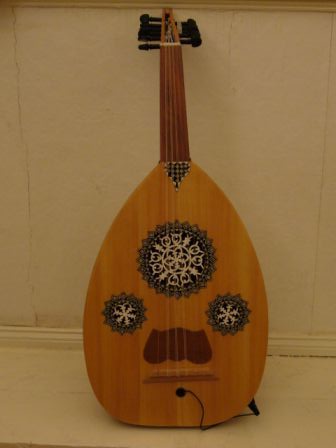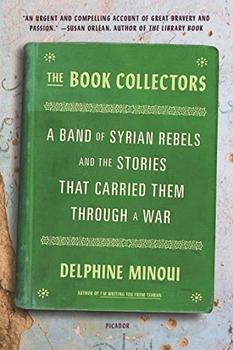Summary | Excerpt | Reviews | Beyond the book | Read-Alikes | Genres & Themes | Author Bio

A Memoir
by Aeham AhmadAn astonishing but true account of a pianist's escape from war-torn Syria to Germany offers a deeply personal perspective on the most devastating refugee crisis of this century.
Aeham Ahmad was born a second-generation refugee - the son of a blind violinist and carpenter who recognized Aeham's talent and taught him how to play piano and love music from an early age.
When his grandparents and father were forced to flee Israel and seek refuge from the Israeli–Palestinian conflict ravaging their home, Aeham's family built a life in Yarmouk, an unofficial camp to more than 160,000 Palestinian refugees in Damascus. They raised a new generation in Syria while waiting for the conflict to be resolved so they could return to their homeland. Instead, another fight overtook their asylum. Their only haven was in music and in each other.
Forced to leave his family behind, Aeham sought out a safe place for them to call home and build a better life, taking solace in the indestructible bond between fathers and sons to keep moving forward. Heart-wrenching yet ultimately full of hope, and told in a raw and poignant voice, The Pianist from Syria is a gripping portrait of one man's search for a peaceful life for his family and of a country being torn apart as the world watches in horror.
By far one of the best memoirs I've read, The Pianist from Syria is relevant and timely, a story specific to Ahmad and his family while at the same time raising awareness of what must be an experience shared by many refugees from war-torn areas. I highly recommend it for anyone seeking a better understanding of the refugee experience in general and the Syrian conflict in particular. It would also be an excellent book group selection...continued
Full Review
(780 words)
This review is available to non-members for a limited time. For full access,
become a member today.
(Reviewed by Kim Kovacs).
 In previous "beyond the book" articles we've looked at different aspects of contemporary Syria - such as its culture and the refugee crisis. Now, we take a look at its music through a close up look at one of the Muslim world's most popular instruments.
In previous "beyond the book" articles we've looked at different aspects of contemporary Syria - such as its culture and the refugee crisis. Now, we take a look at its music through a close up look at one of the Muslim world's most popular instruments.
Aeham Ahmad, author of The Pianist from Syria, owned a music store with his father that, among other endeavors, manufactured and sold musical instruments, the most important and profitable of which was a lute-like instrument called an oud.
In Arabic, the name "al oud" literally means "the wood," and may refer to the thin strips of wood that are glued together to make the instrument's gourd-like back. The name may also have served to differentiate it from earlier musical instruments ...
This "beyond the book" feature is available to non-members for a limited time. Join today for full access.

If you liked The Pianist from Syria, try these:

by Delphine Minoui
Published 2021
Award-winning journalist Delphine Minoui recounts the true story of a band of young rebels, a besieged Syrian town, and an underground library built from the rubble of war.

by Louise Callaghan
Published 2021
Father of Lions is the powerful true story of the evacuation of the Mosul Zoo, featuring Abu Laith the zookeeper, Simba the lion cub, Lula the bear, and countless others, faithfully depicted by acclaimed, award-winning journalist Louise Callaghan in her trade publishing debut.
When men are not regretting that life is so short, they are doing something to kill time.
Click Here to find out who said this, as well as discovering other famous literary quotes!